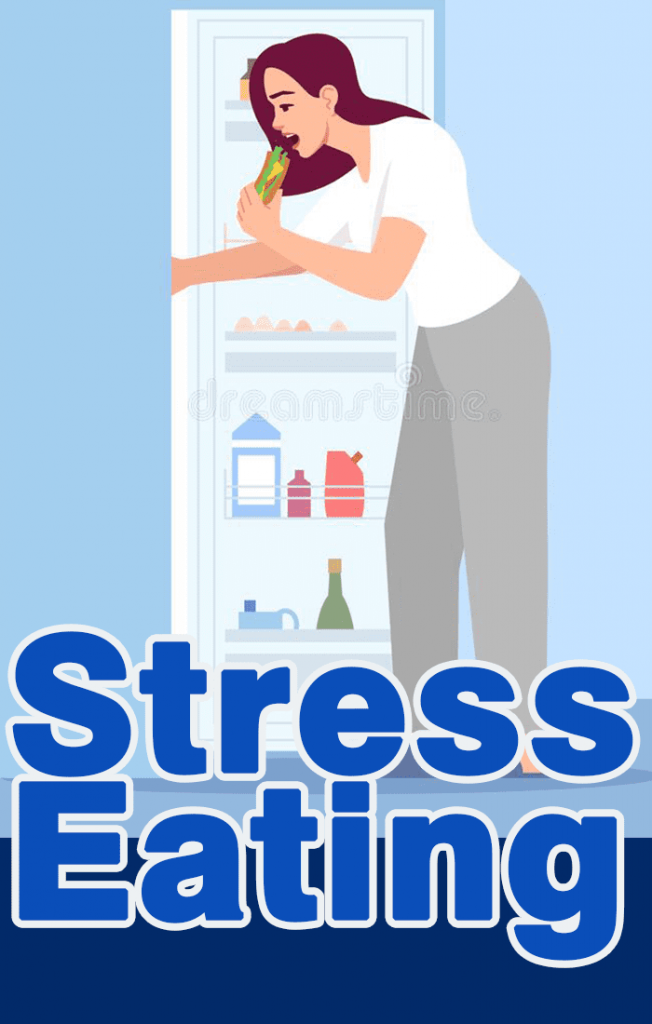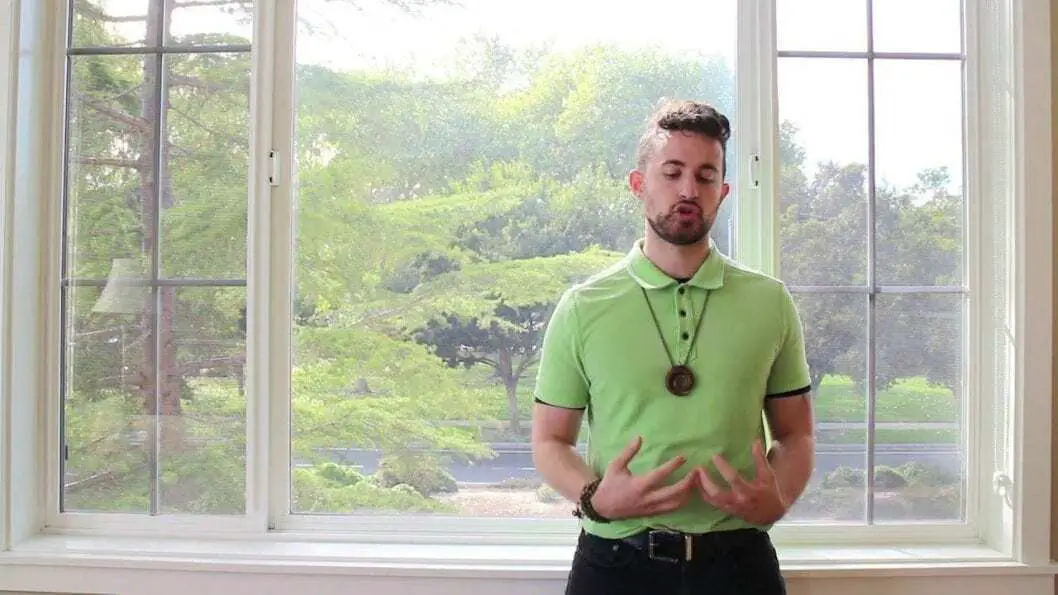I want to talk to you today about symptoms of stress eating disorder.
Because I’m a Santa Clara Therapist and I help people with treating the symptoms of stress eating disorder.
Please take into consideration I am biased towards over-eating disorders, as opposed to anorexia, as my specialty revolving around binge eating treatment, along with compulsive eating and emotional eating.
If you would like another resource on the signs of other eating disorders, you can check out the official statistics by the National Association of Anorexia and Associated Disorders.
Without further ado, my top 6 symptoms of stress eating disorders are:
- Eating faster than usual
- Eating past the point of fullness
- Eating when not physically hungry
- Eating alone or in secret
- Feeling upset or guilty after overeating
- Feeling that you are abnormal

I was just talking to someone about symptoms of stress eating disorder …
This person I had just met recently and we had just started talking about weight loss.
Side note – I like to start out conversations around weight loss because many people have ‘weight loss’ at the top of their minds.
Oftentimes however, after repeated attempts at dieting where people see their weight regain, this person might start to realize there are deeper forces at play.
This is when I’ll typically hear from people, and it’s where I met this person at recently.
This person said the hardest part about weight loss was …
‘Being compelled to eat a ton of food by my stomach even though I didn’t want to’

I wanted to write this piece to give this person some insight … and to help the Mountain View community realize they aren’t alone. Hence this article 🙂
When is stress Eating Disorder a disorder, versus just ‘normal but bad eating habits and not a disorder’:
So, this person as we chatted about eating habits asked me a powerful question:
When does an eating disorder become an eating disorder?
This person said they witness their friends drinking too much alcohol and eating too much food at parties, but this person said they wouldn’t consider their friends to have an eating disorder. Neither would this person’s friends say they had an eating disorder either.
So what happens when someone has bad eating patterns, but isn’t an eating disorder? How do you know the difference?
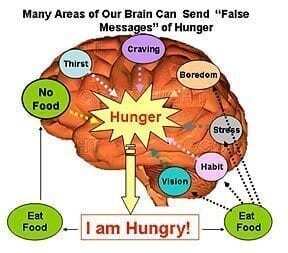
The answer to eating disorder versus bad eating habits necessarily boils down to the subjective severity of these symptoms.
Many people have these symptoms who aren’t even overweight! Yet they report such severity of feeling upset that they might have a disorder.
Other people who do struggle with weight may find they simply have mild effects of compulsive eating and don’t feel they have a disorder.
So truly, the symptoms listed above are meant to be guidelines. It’s still up to the individual person to deem these symptoms a problem.
What about binge eating disorder versus compulsive eating disorder?
So there is some debate in the newest psychotherapy manual about the definition of Compulsive Eating Disorder versus Binge Eating Disorder.
This is at the heart of the question – when does an eating disorder become an eating disorder?
For most intents and purposes, you don’t need to worry about whether you are binge eating or compulsively eating.
Although, if you are curious …
Here’s an excellent article you can read here if you want to learn more about the difference between compulsive versus binge eating. I also did another post about the 5 Steps to Stop Food Cravings which you read here.

What about root cause of the symptoms of Stress Eating?
Simply put, symptoms of compulsive eating stems from a belief that you won’t get enough food.
I’m skipping over a lot of detail right but the basic gist, the very foundation of eating disorders, is some subconscious level thinking your belly (not necessarily your mind) is starving.
Your mind may be starving your belly in attempting to diet, for example.
Therefore, your belly (your belly takes over your brain when you are starving and that’s why you feel out of control), you belly must must stuff yourself because you are starving.
But our emotional selves, our inner children, are much different.
In dieting culture, you constantly restrict yourself and tell your inner kid ‘NO’ to certain types of food:
- Like NO, you can’t have that hotdog at the ballgame because you ate too much beforehand
- Like NO, you can’t have that halloween candy because it has too much sugary
And every time you say NO to your hunger, your hunger (or your inner kid, I use hunger and inner kid pretty synonymous) thinks that food is unpredictable.
What does your hunger do?
Well, it tries to keep you alive by overeating.
Because your hunger is soooo powerful, it literally compels you to overeat.
So the root cause of compulsive eating is this emotional feeling that food is scarce and unpredictable.
Often times this pattern started in childhood.
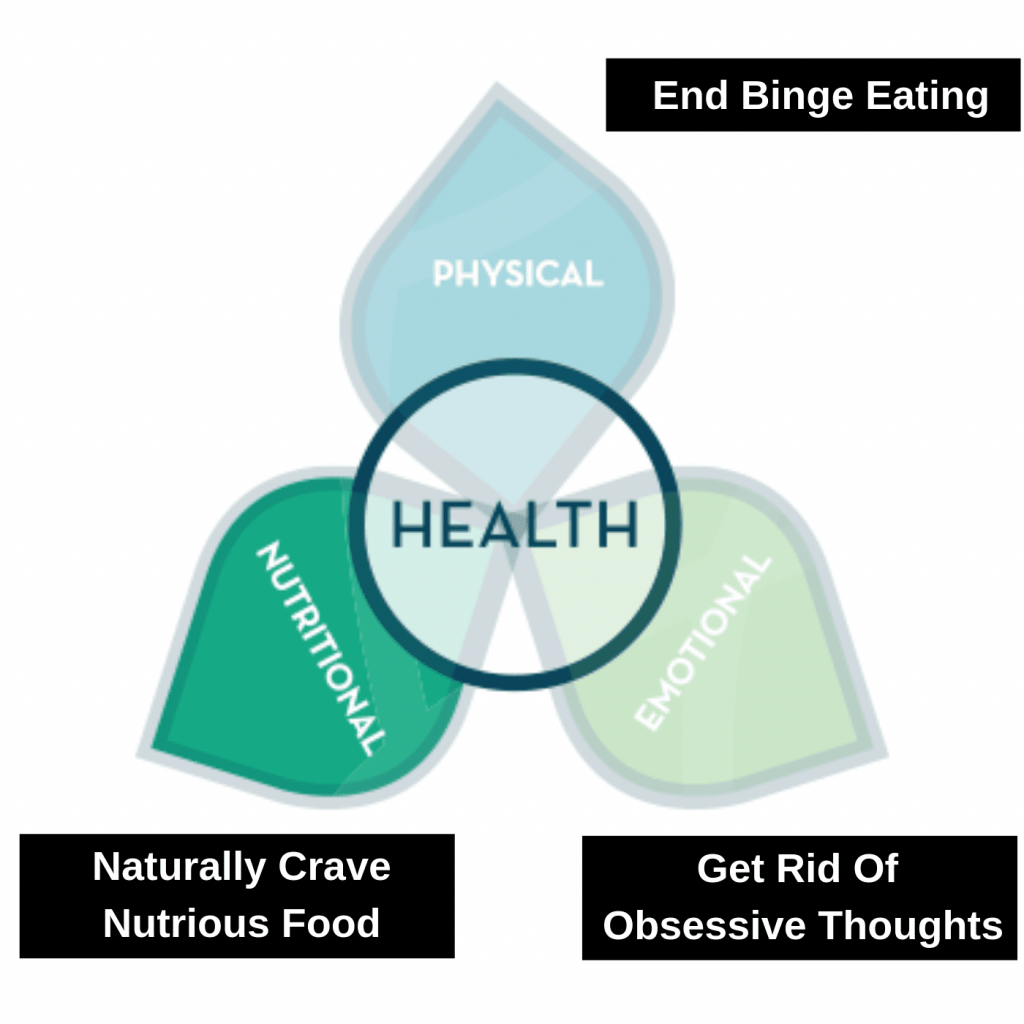
And the key to breaking this pattern is what I call Weight Loss Enlightenment.
Weight Loss Enlightenment (WLE) is a few different things.
- You pay attention to your hunger so you know if you feel like food is ‘scarce’. When food feels scarce you will automatically eat a ton more than you should. So tuning into your body is a huge part of WLE.
- WLE is also about limiting beliefs. Because if you don’t trust your hunger enough, then will constantly be restricting your hunger as a part of some diet. When you restrict your hunger, then you’ll inevitable end up sending a signal to your hunger that food is scarce and the cycle will repeat itself. So you need to work the limiting belief that you can’t trust your hunger.
You need to practice the ‘yoga of weight loss’ to regain trust in your hunger.
So gaining trust back in your hunger is how you heal this whole cycle.
And gaining your trust back can be done!
So compulsive eating …
It’s probably better not to think of compulsive eating as a disorder…
But rather simply a lack of trust in your hunger.
For now, just start paying attention to when you feel like food is scarce.
Because the ultimate goal …
Is to see food in non-binary terms. This is a fancy word for seeing for ‘normally’.
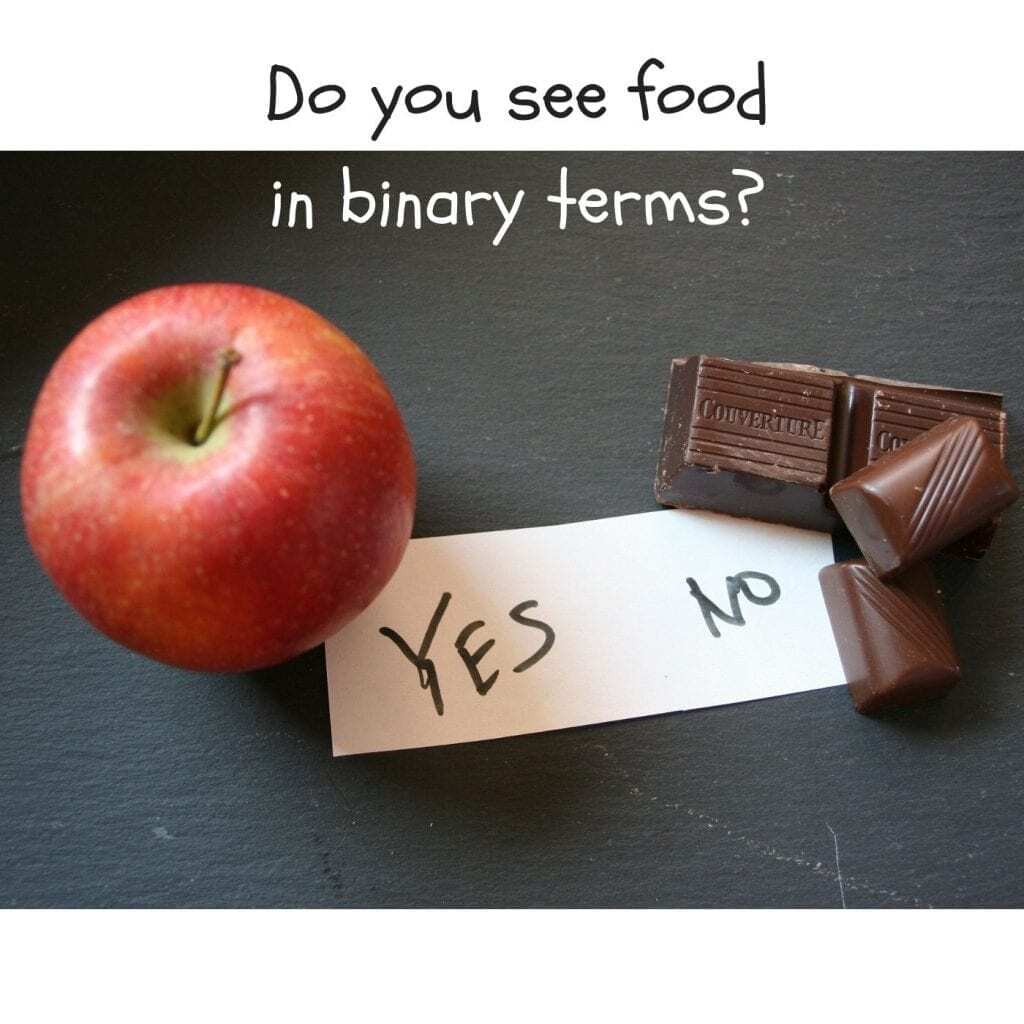
This means you can trust yourself to eat anything…
Because your emotional reaction to food is the same.
Food is no longer good or bad. It’s just food.
Huge realization!!!!
Yet the ultimate realization is realizing…
Unconditional eating.
You trust your hunger so much that you allow yourself to eat anything without guilt.
As Dr. Jamie Long says, “Intuitive Eating is based on the premise that our body instinctively knows how to nourish itself and maintain a healthy weight. That becoming more connected to our biological hunger and fullness cues is a far more effective way to attain health, rather than following a strict diet.”
